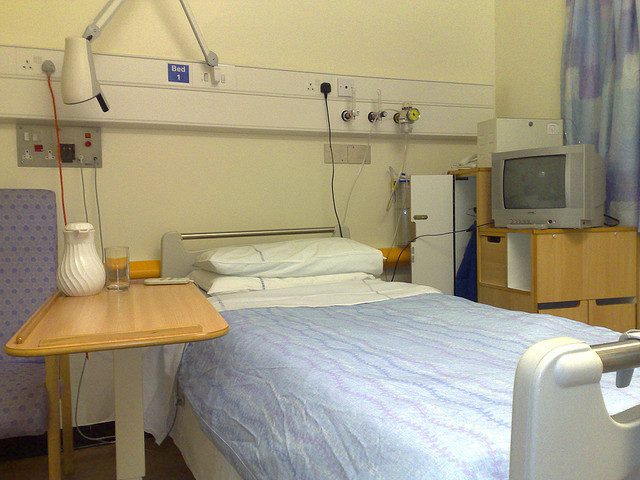
A court ruling paved the way for a terminally ill man to have the right-to-die in South Africa on Thursday, April 30. The High Court in Pretoria ruled in the case of Stransham-Ford that he could have a doctor assist to end the pain and suffering endured, and there would be protection from prosecution for the doctor. The judge said that Stransham-Ford was entitled to end his life with dignity.
Cape Town advocate Robin Stransham-Ford, age 65, suffered from prostate cancer and died peacefully in the presence of family members and friends on Thurdsay, April 30. It was not stated whether Stransham-Ford died before or after the court ruling granted the judgement.
The right-to-die campaigners, Dignity SA, said that medically assisted suicide in South Africa remained illegal, although there were growing calls for legalisation. The ruling in favor of allowing Stransham-Ford to die with dignity has paved the way to have the right-to-die law motion changed.
Assisted suicide is illegal in most countries around the world. In Switzerland, doctors may help patients with assisted suicide in an attempt to end the pain and suffering in terminally ill patients. In 2010, a South African doctor was found guilty of helping his mother die by administering a lethal dose of morphine. The doctor, Sean Davison, was placed under house arrest for five months by a New Zealand court.
The right-to-die with dignity would be a compassionate and caring gesture for anybody suffering from terminal illness. Life can be a burden, devoid of any good, for a person suffering. When a patient accepts that death would ease the pain and suffering, and when medical intervention cannot help, dying with dignity is a choice not only for the patient but also family members as well.
The ruling in favor of allowing Stransham-Ford to die with dignity is a welcome challenge for people who wish to exercise the right to end their life in South Africa. However, the ruling is not without challenge. The National Prosecuting Authority (NPA) have expressed disappointment with the decision allowing the terminally ill Stransham-Ford the right-to-die with the help of a medical doctor.
The NPA would appeal the decision based on future implications of the constitutional rights, the health perspective and the powers of the NPA. Euthanasia is not legal in South Africa, and the decision protects the doctor from prosecution thereby overriding the control of the NPA. The NPA will wait until Monday for the appeal outcome of having the ruling suspended, and in the meantime would probably have to deal with more than 100 assisted deaths that could occur over the weekend.
The focus of the NPA on the right-to-die ruling has attracted criticism, for taking action against the dignity of a dying person. The NPA do not prosecute mothers terminating the life of unborn babies aided by a nurse. However, the choice of a terminally ill adult to die with dignity is condoned. The valuable time wasted by the NPA seeking to end the right-to-die ruling and thereby smash future hopes of people wanting to die with dignity is ludicrous. The NPA should focus on more relevant cases that require urgent attention, such as the farm murders, rape, and xenophobia happening around the country.
Article published on the Guardian LV
No comments:
Post a Comment